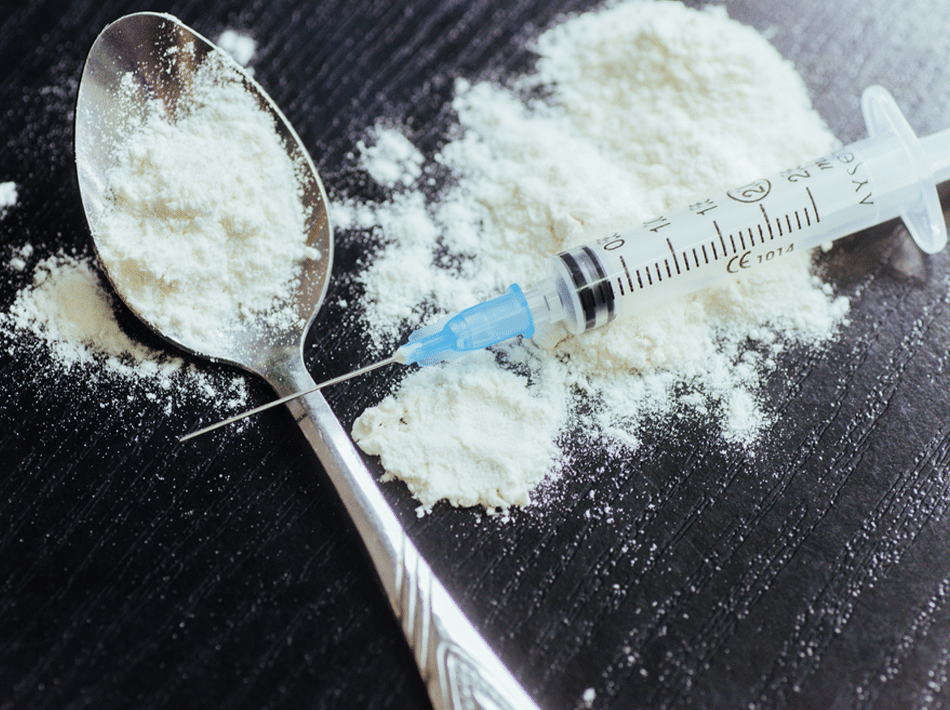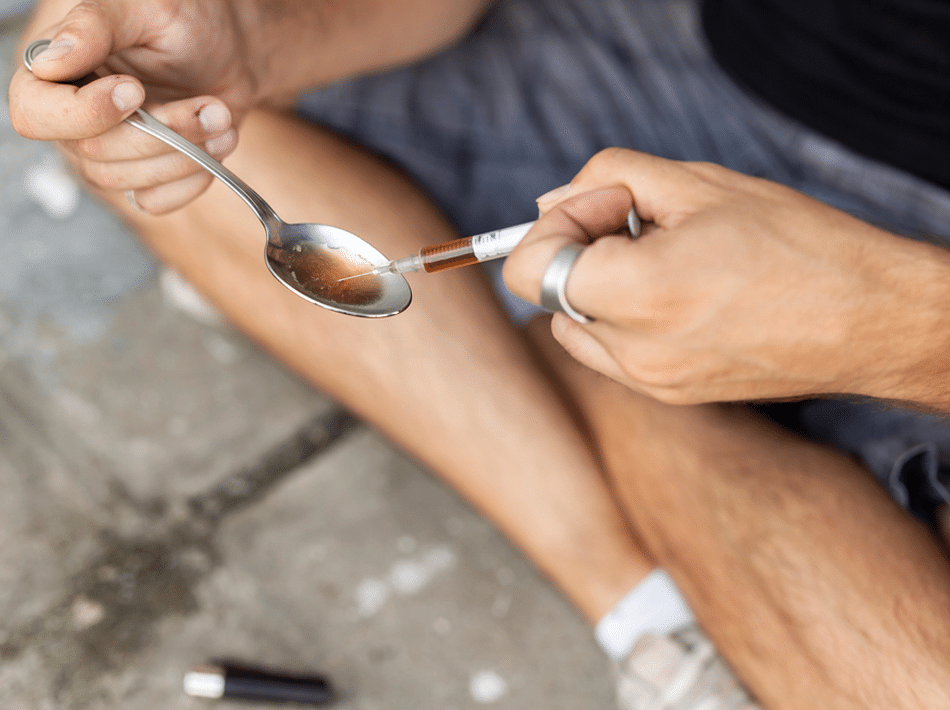Many people think of addiction as being hooked on one vice, such as drugs, alcohol, or gambling. The same could be said about recovery – that treatment should “cure” a person of their compulsions or habits, once and for all.
The truth is that many people who undergo treatment end up replacing one habit for another. They might trade cigarette smoking for overeating, for example, or switch from alcohol abuse to gambling. Treatment specialists refer to this as addiction replacement.
Addiction replacement substitutes one compulsion for another to reproduce the feeling of satisfaction or “high” that the old habit once provided. In other words, the addiction doesn’t go away – it just gets transferred from one vice to another.
Milestones Wellness Center addiction replacement programs recognize that addiction replacements can vary from person to person. These can often include:
- Nicotine
- Binge eating
- Gambling
- Overworking
- Benzodiazepines
- Pornography
- Sex
- Shopping
What Causes Addiction Replacement?
Addiction often occurs when someone has an unfulfilled emotional need. Traumatic experiences throughout a person’s lifetime can cause stress, anxiety, self-doubt, shame, and insecurity that can leave emotional voids. Certain events, especially those that cause extreme stress or sadness, can trigger negative emotions. Left unaddressed, trauma and emotional voids can even lead to mental health disorders.
Certain vices, bad habits, and substances can help fill these emotional voids to bring about feelings of satisfaction and immense pleasure. Unfortunately, these good feelings do not last long. For example, the buzz from alcohol or drugs wears off in a few hours and the thrill of winning a bet often fades even faster.
Addiction replacement happens when someone stops engaging in one vice or habit and begins indulging in another. The trade helps them fill the emotional void created when they quit a habit. This is especially true if they never deal with the emotional trauma that led to the compulsion in the first place.
What’s more, simply engaging in certain habits or consuming certain substances at high levels or for a long time can rewire the brain to cause the cravings that are the hallmark of addiction. Cravings can be so strong that they cause someone to continue engaging in the habit, even though they know it can cause them great harm.
Dopamine and addiction replacement
Engaging in pleasurable activities causes the levels of dopamine to rise in the brain. Activities may be such as having sex or doing drugs. Dopamine is a neurotransmitter, which means it helps pass messages between nerve cells. Often known as “the happy hormone,” dopamine also causes feelings of happiness.
Quitting a dopamine-boosting substance or behavior can cause dopamine levels to plummet. Low dopamine levels can cause feelings of emptiness and dissatisfaction. Naturally, the human brain wants to feel good all of the time. So, it seeks out activities that increase dopamine levels. For example, dopamine levels can drop when someone quits smoking. So, they may start overeating to boost dopamine levels and regain those good feelings.
Signs and Symptoms of Addiction Replacement
Addiction replacement can be hard to spot, as many people transfer their compulsion to seemingly harmless or even healthy activities. Someone might trade smoking for exercising which seems like a good trade until the person stops eating, working, or engaging in other normal activities so that they can go work out.
Signs of addiction replacement may include:
- Constantly thinking about the new vice or activity
- Losing sleep to participate in the new habit
- Difficulty at work, home, or school
- Relationship issues with family or friends
- Neglecting personal hygiene or self-care
- Experiencing anxiety or stress when unable to engage in the new activity
Milestones Wellness Center Addiction Replacement Prevention and Treatment
Rather than focusing on the drug or activity of choice that may change over time, the best way to prevent and treat addiction replacement is to address the underlying cause of the compulsive behavior. Treatment with qualified therapists can help uncover unconscious emotions or traumas that create emotional voids. Counselors can help patients learn how to identify triggers and addictive patterns of thought that lead to compulsions.
For more information on addiction replacement, or to learn how to stop the cycle of trading one vice for another, consult with the addiction specialists at Milestones Wellness Centers addiction replacement solutions. We provide a new way of thinking about addiction and addiction replacement.





